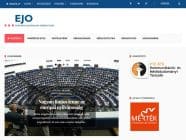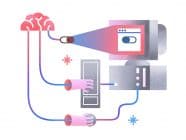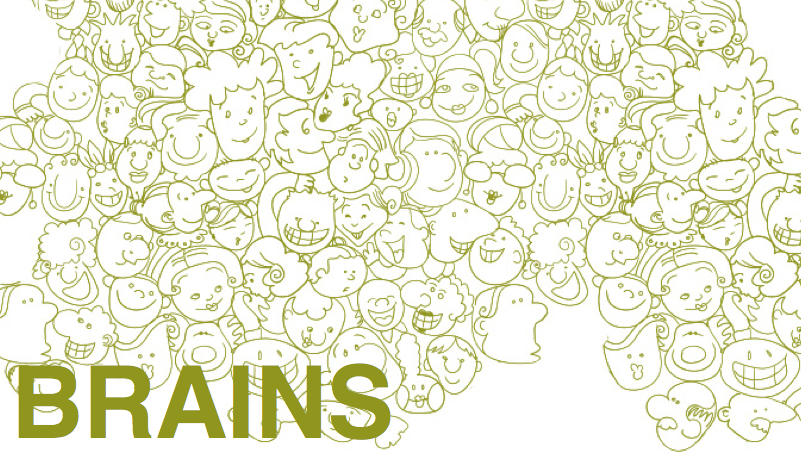 New study explores ideological segregation on the Web.
New study explores ideological segregation on the Web.
According to David Brooks of the New York Times, “In the mid-20th century, Americans got most of their news through a few big networks and mass-market magazines. People were forced to encounter political viewpoints different from their own. Moreover, the mass media gave Americans shared experiences.” The Internet, with its awe-inspiring vastness of specialized content, is often accused of undermining such shared experiences. It’s become increasingly common to customize news to suit the precise tastes and opinions of readers, so much so that perhaps one can virtually erase conflicting perspectives.
A new study conducted by Matthew Gentzkow and Jesse M. Shapiro of the University of Chicago attempts to measure ideological segregation on the Internet, in fact by measuring the people who visit sites rather than content itself. Gentzkow and Shapiro’s study seems to indicate the Internet is actually more ideologically integrated than less-modern exchanges. Rather than binding to material supporting personal biases and prejudices, Internet users move about the Web with abandon, regularly visiting sites with politically integrated news. Writes Brooks, “Even white supremacists and neo-Nazis travel far and wide across the Web.”
Read more about the study here.
Tags: Biases, David Brooks, Ideological Segregation, Jesse M. Shapiro, Mass Media Markets, Matthew Gentzkow, Media research, New York Times, Politically Integrated News, University of Chicago














































